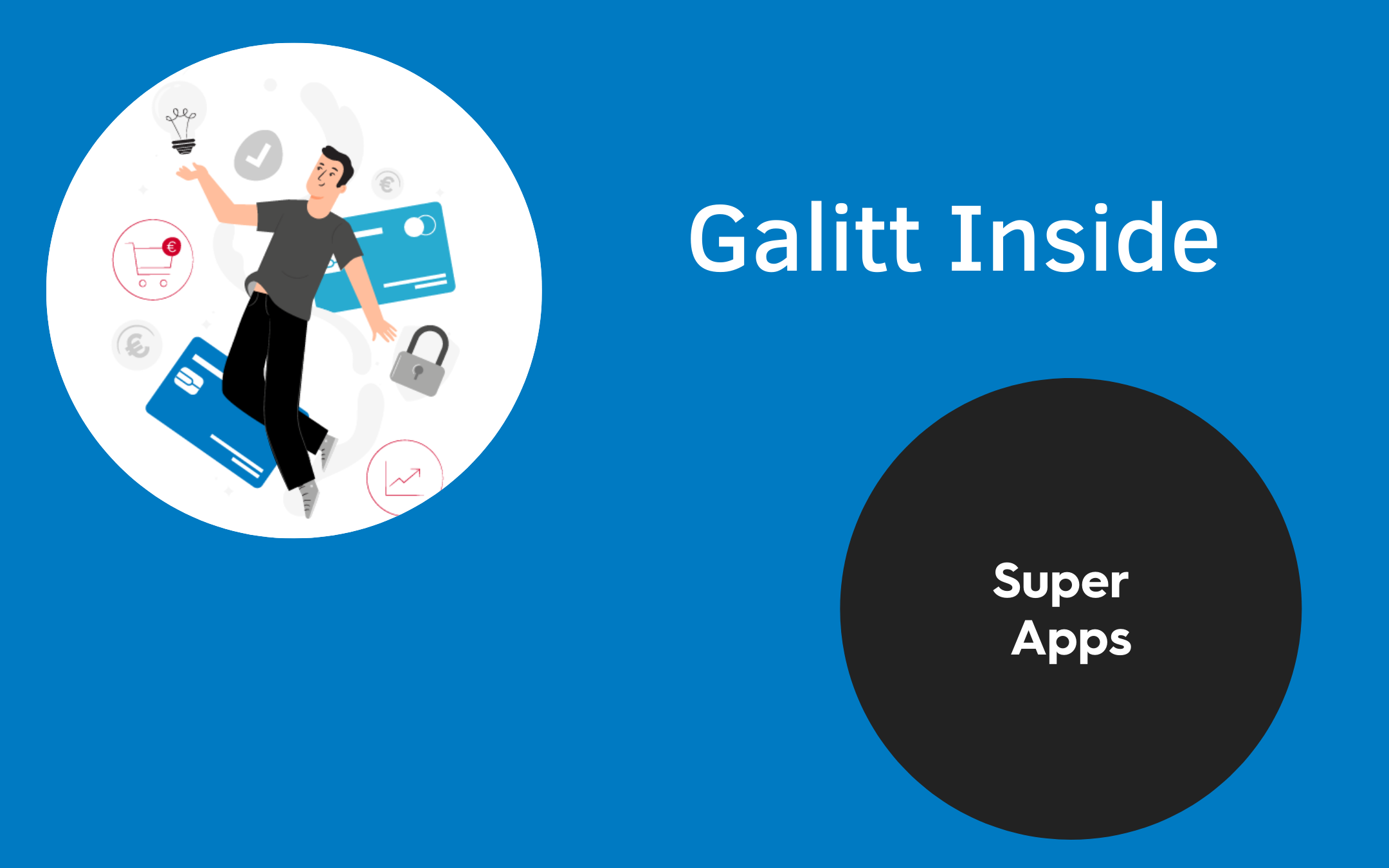The Super Apps: Asia vs. the rest of the world

Mobile applications have been part of the daily life of the world’s population for a good ten years now. Smartphones and by extension their applications have indeed become indispensable tools for a large majority of people around the world. They allow you to order food, consult and act on your bank accounts, make purchases, and much more… And then there are the Super Apps, applications that combine all these features in one place.

Credits : Fevad
Definition and benefits of Super Apps
Super Apps are, as their name suggests, applications that go beyond their primary functionality and offer a compilation of services within them. Where Spotify is an application focusing on music services, applications like Wechat, which we will discuss in more detail later, combine a lot of services.
Still relatively unknown in North America and Europe, this super application model is culturally very popular in Asia. With hundreds of millions of users, these applications allow them to :
- Consult information in any field
- Chat with their loved ones, with a feature similar to what Whatsapp could be
- Book cabs, restaurants, airline tickets and more
- Pay for their purchases with an integrated payment model
The advantages of these Super Apps are quite clear: instead of having to juggle the multitude of applications available today, their users will have access to all these features on the same mobile application. As for the Asian applications Wechat and Alipay, which currently dominate the market in terms of Super Apps, their users will be able to make payments at numerous merchants via this application, without having to take out cash or bank cards.
Payment companies have understood the influence of these applications in the daily life of the Asian population, to the point of offering merchants the possibility of integrating APIs allowing them to collect payments from their foreign customers. This is the case of Galeries Lafayette, for example, which since 2019 has implemented a system for accepting payments via Wechat Pay and QR code.
Examples of dominant Super Apps
We have been talking about them since the beginning of this article: Wechat and Alipay are the pioneers and now leaders in the field of Super Apps. It’s hard not to talk about the two Chinese giants when we talk about this kind of applications.
Taking advantage of a population that is very attached to the use of cell phones, these companies quickly understood that this would be the channel to use to offer their multitude of services. They have also taken advantage of the low level of banking among the Asian population to promote their payment system and make it the number one payment method.

Credits : Easy DIY and Crafts
Their influence extends to the governments of some countries, which make public services available directly on these applications. Wechat and Alipay are therefore more than just an application for their users. It’s a true hub from which they can perform almost any daily operation, from payment to entertainment. Netflix, Uber, Facebook… Instead of having to download and use all these different apps individually, they’ll just have to launch one and then manage all their services from the same place.
Even if this Super App model is not yet very present in Europe and North America, players are obviously looking into it, influenced by the resounding success of these Chinese applications.
This is the case of Paypal, whose financial Super App proposal is taking more and more shape. Its September 21, 2021 update confirms it: Paypal will no longer be just a payment method but a real financial service. The Paypal mobile application has been reorganized for the occasion, offering a complete dashboard and new features.
Among these we find for example a space for managing cryptocurrencies or a savings solution in collaboration with a banking partner. We can see that Paypal does not aim to cover as many functionalities as its Chinese comparses, but focuses more on financial services which are at the heart of its main activity. Without necessarily going as far as to compete with banks, Paypal is nonetheless transforming itself into a Fintech that is closer to neo-banking.
It is therefore difficult to compare the use of Super Apps between Asia and the rest of the world. Everything was gathered for them to be successful there: an increased interest in digital and mobile use, a much lower level of banking than in the West… Super Apps would probably not have been as successful elsewhere as in Asia. Nevertheless, their models are intriguing and incite companies like Paypal to test the model on the European and American population. Mobile applications are becoming more and more influential, and we could very well imagine Super Apps models continuing to appear, in Asia as well as everywhere else in the world.



